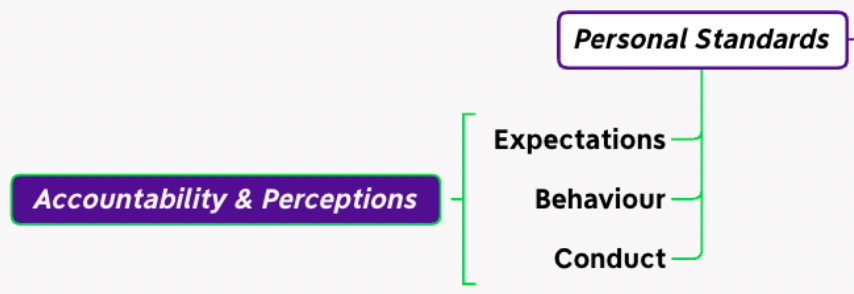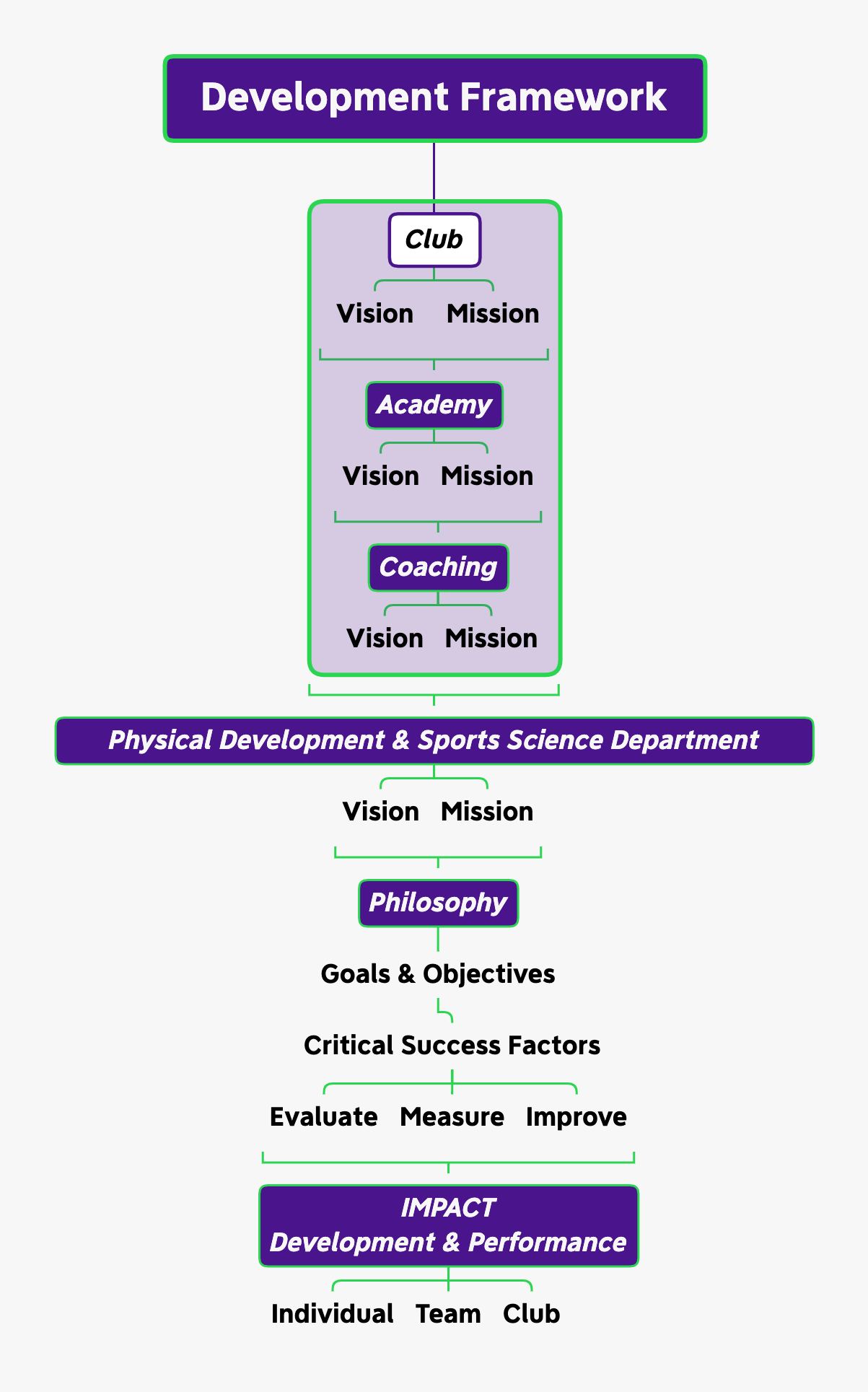Developing a Philosophy for Life & Coaching
Establishing a philosophy is a fundamental process not only for coaching but for life itself. This philosophy underpins your everyday actions and behaviours, and influences how you react to specific situations and environments that you may encounter throughout your life. Having a clear philosophy helps you navigate these environments and communicate effectively with your loved ones, peers and colleagues. Below are six key steps to aid you in the development of your personal philosophy and gain a true understanding of yourself and your lifes purpose.
Step 1 – Establish your core personal values.

Reflecting on your core personal values aids in the overall development of your philosophy. These values serve as your fundamental truths which should always be at the centre of anything you do during the coaching process. These values make sure that everything you do is truly what you believe and help you communicate your message and methods effectively.
Step 2 – Examine & understand your personal beliefs.

Understanding your values to inform your true belief system is critical to developing how your philosophy is presented through your everyday actions. Having a strong belief system gives credibility to your philosophy and maintains consistency in your message and methods.
Step 3 – Develop your mission statement.

The mission statement is a combination of your values and beliefs that guides your long term aims and objectives. Establishing a mission statement provides a clear direction to your coaching actions and maintains a level of consistency in your overall message.
Step 4 – Establish your standards of performance.

In order to effectively communicate and action your mission statement it is important to establish both your own personal standards and the standards of performance for your team. These standards act as a guide for overall behaviours and conduct. Furthermore, these standards serve as a non-verbal form of communication for conducting your coaching philosophy in practice.
Step 5 – Examine & uncover your purpose. Why do you do what you do?

In order to truly value your mission statement and display the positive behaviours associated with your values and beliefs, it is important to understand your coaching purpose in the context of your current environment. The context of this environment shapes your role as a coach and dictates your coaching conduct.
Step 6 – Align your philosophy within your coaching context.
When defining your purpose it is important to consider not only your personal vision and mission but also the vision and mission of the overall club and department in which you are employed. This allows you as a coach to have a greater impact on the development and performance of the individual athletes, the team and consequently the overall club.












Responses